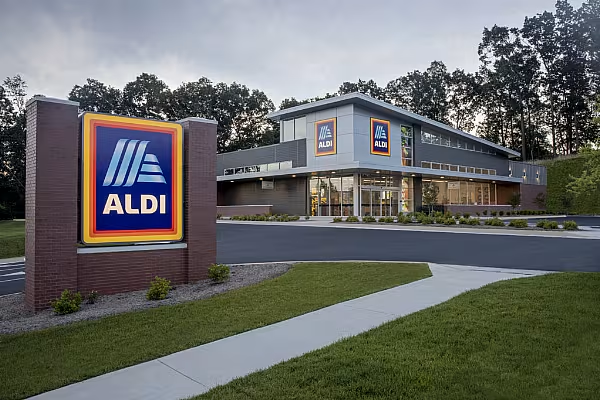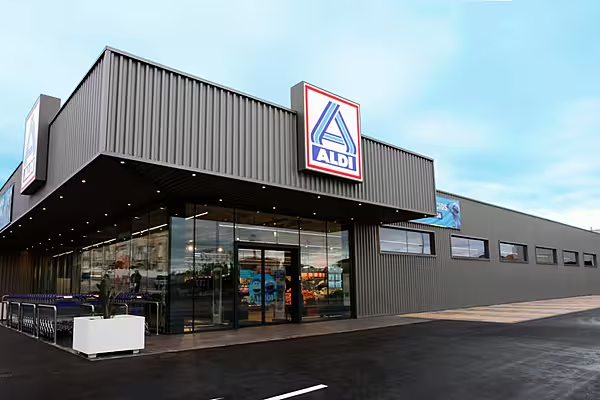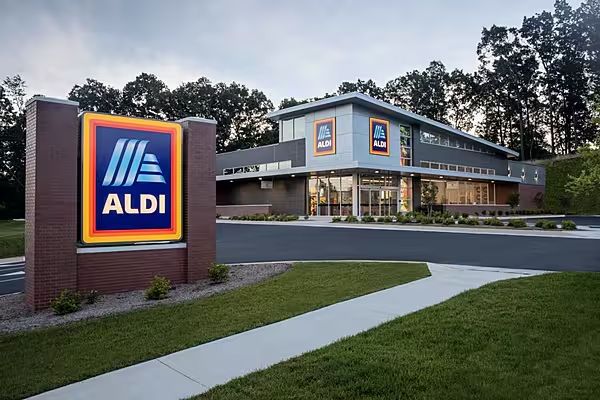The Aldi Süd Group in the US, has announced its goal to reach net-zero greenhouse gas (GHG) emissions across its entire value chain by 2050. The endeavour makes it one of the first international grocery retailers with net-zero emissions targets validated by the Science Based Targets initiative (SBTi), a corporate climate action organisation that enables companies to play their part in combating the climate crisis.
Aldi US, which is part of Aldi Süd, will play a vital role in achieving these goals. The group has committed to reduce Scope 1 and 2 emissions 52% by 2030 from a 2021 base year, and Scope 3 emissions 25% by 2030 from a 2022 base year, and to reduce absolute Scope 1 FLAG emissions 30.3% by 2030 from a 2021 base year and Scope 3 FLAG emissions 30.3% by 2030 from a 2022 base year.
No Deforestation Commitment
The company has also committed to no deforestation across its primary deforestation-linked commodities, including palm oil, cocoa, coffee, beef and wood fibre-based products, by the end of 2025. These short-term goals have all been validated by SBTi.
"There is a reason why Aldi is one of the only grocery retailers with SBTi-validated net-zero targets," said Jason Hart, CEO, Aldi US. " We do things differently and sustainability is no exception. For instance, because our stores are stocked with 90% Aldi-exclusive brands, we can work more directly with our suppliers on emissions reductions. These industry-leading science-based targets are another way we are underscoring our commitment to operating sustainably and responsibly so we can keep offering quality, affordable groceries."
Supply Chain Emissions
With the majority of its emissions stemming from its supply chain, ALDI said it recognises the imperative to partner closely with suppliers, and make investments to decarbonise its supply chain thorough NGO partnerships.
"As just one example, Aldi is a member of the Innovation Center for U.S. Dairy's Dairy Sustainability Alliance and will continue to explore the interconnectedness between emissions reductions, nature and biodiversity and animal welfare. By participating, Aldi is committed to identifying potential solutions to reduce emissions from dairy in partnership with the broader industry," reported the company.
Aldi is partnering with third-party logistics providers to identify opportunities to use alternative fuel sources and electric trucks to reduce transport emissions. Progress is also advancing on moving all stores to natural refrigerants by 2035. Currently, Aldi uses natural refrigerants in more than 700 stores, saving 60% of potential carbon emissions each year.
The chain is also focused on reducing energy consumption, investing in energy efficiency in its stores, regional distribution centres and offices and purchasing renewable energy. It reports that 100% of its electricity comes from renewable sources.














